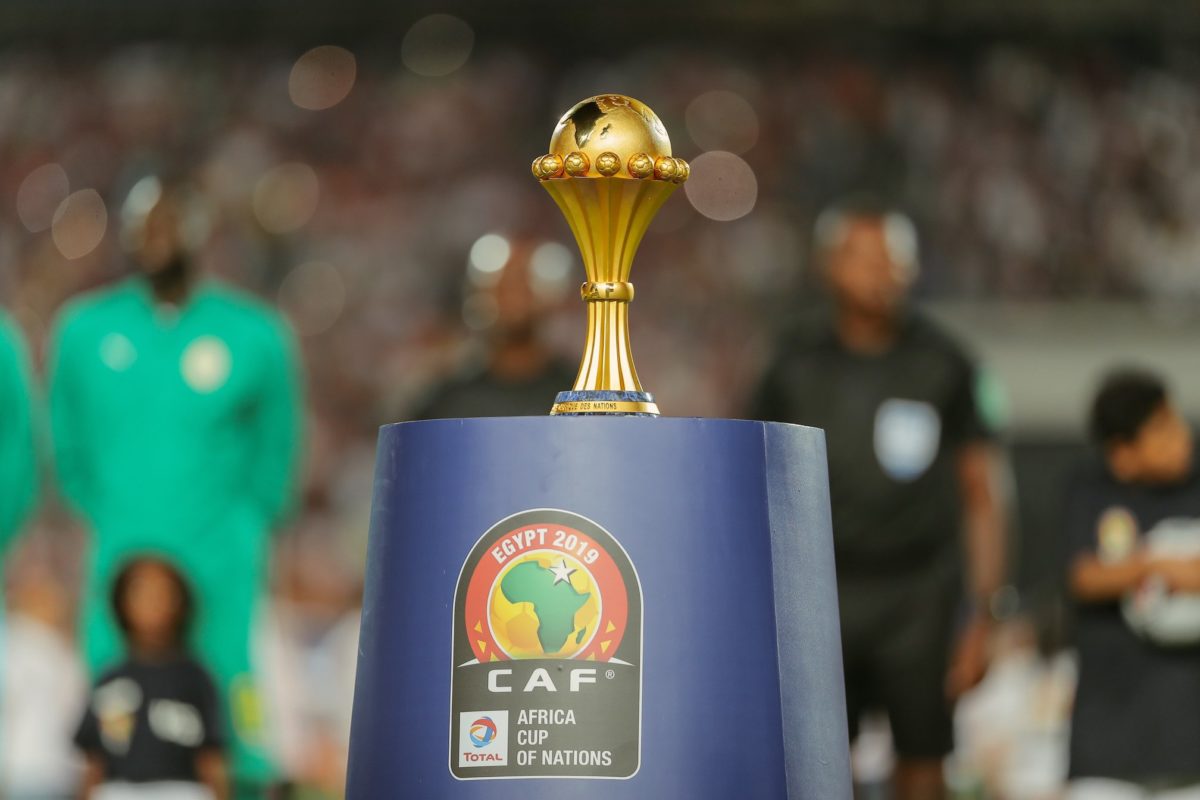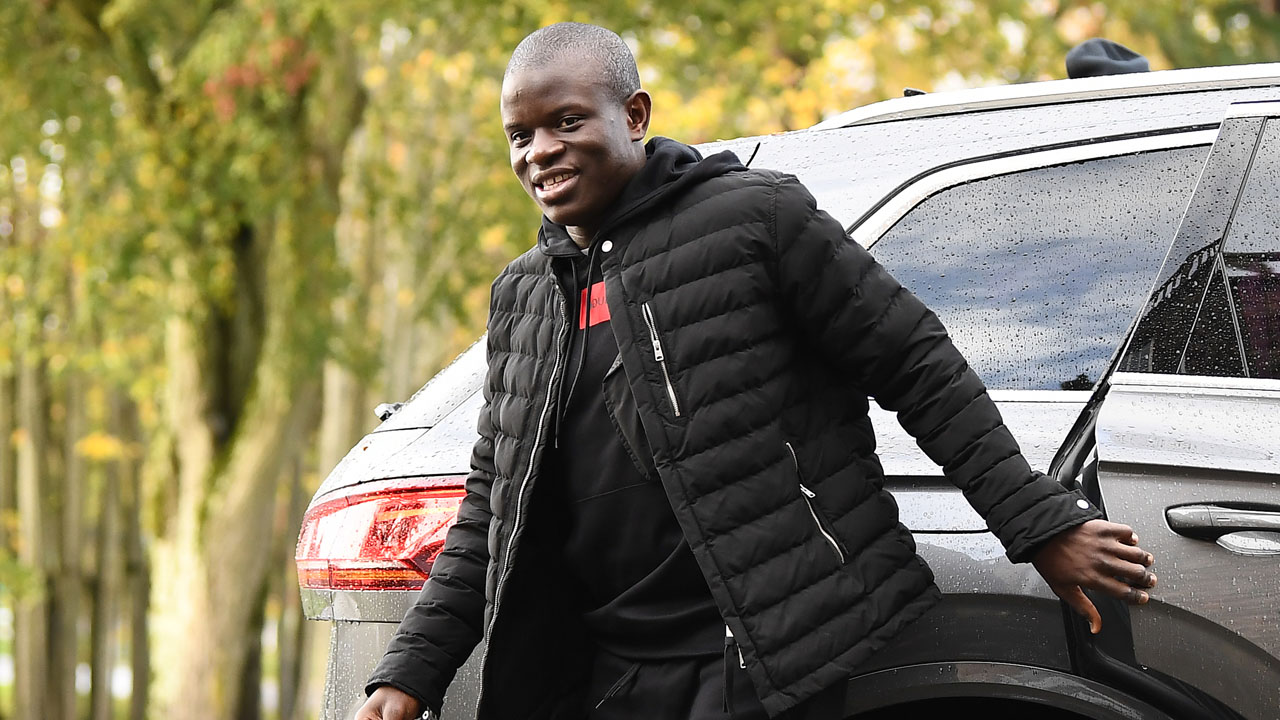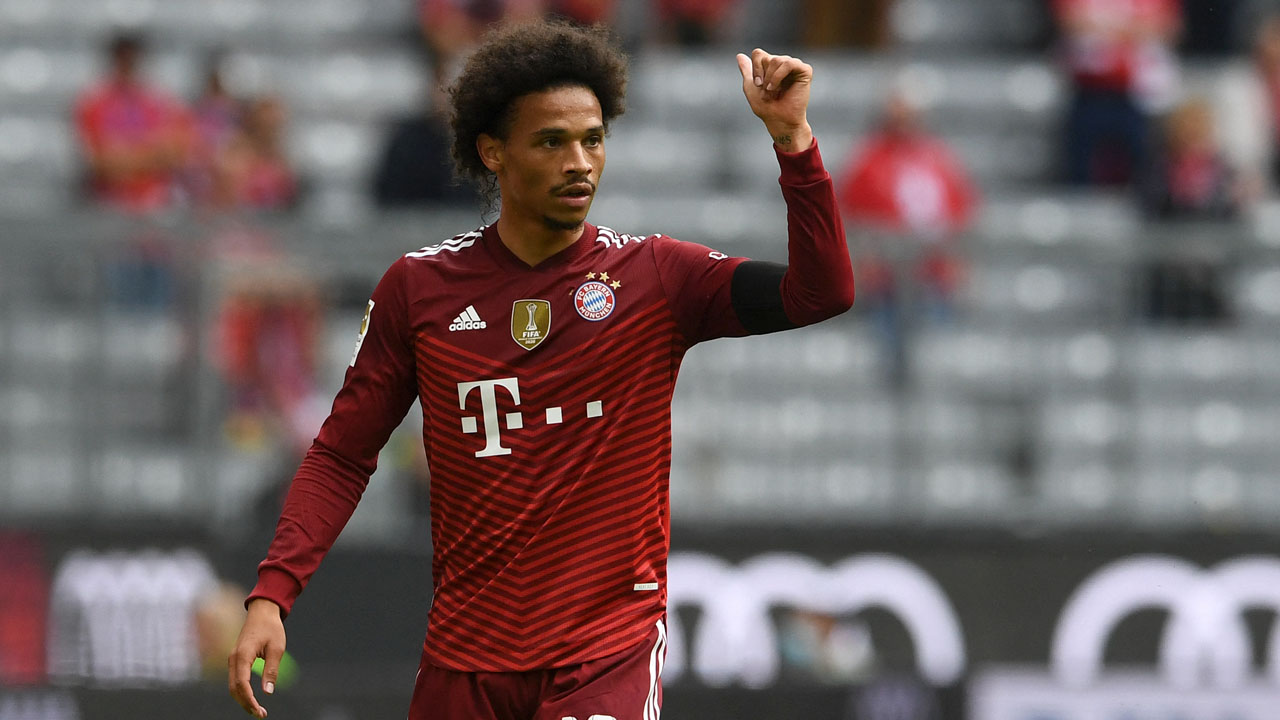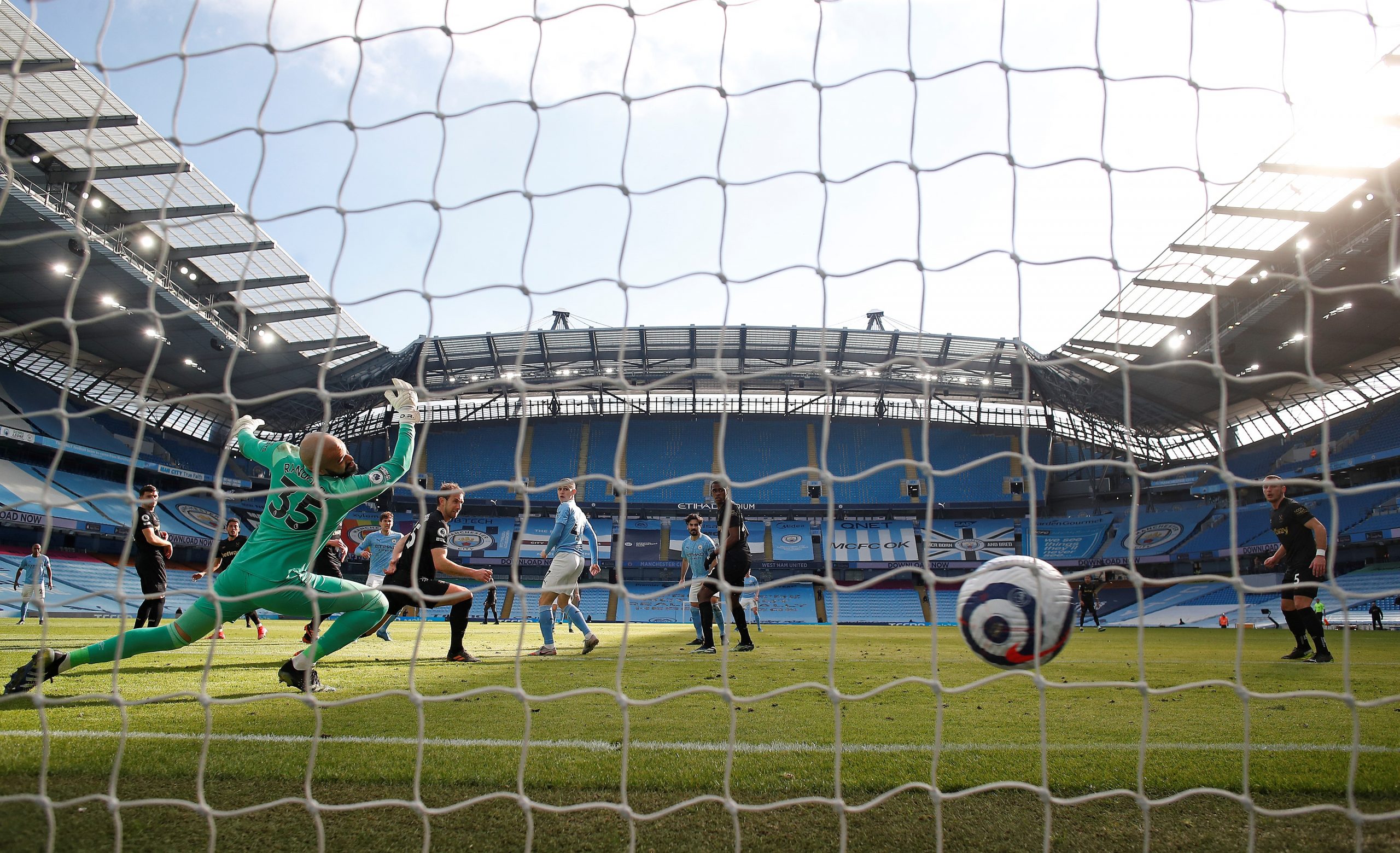
The Africa Cup of Nations (AFCON) is the most prestigious football tournament on the African continent. Since its inception in 1957, it has captured the hearts and minds of football fans worldwide, showcasing the immense talent and passion for the sport in Africa.
With a rich history and a growing fan base, the AFCON has become a cultural phenomenon, uniting nations and creating unforgettable moments on the football field.
From legendary players to memorable matches, this tournament is a celebration of African football and a platform for showcasing the continent’s footballing prowess to the world.
In this article, The Guardian Sports delves into ten amazing facts about Nigeria at the Africa Cup of Nations…
Rashidi Yekini (AFCON’S 3rd topscorer of all time)
Rashidi Yekini may have died since May 4, 2012 but that has not stopped the Nigerian football legend from holding numerous African Cup of Nations records.
Yekini scored 13 AFCON goals, making him the competition’s third topscorer of all time behind Laurent Pokou of Côte d’Ivoire who hit the back of the net 14 times.
Retired Cameroonian international striker, Samuel Eto’o is the leading overall Cup of Nations scorer, notching 18 goals in six tournaments between 2000 and 2010.
Yekini (Senegal 92 & Tunisia 94 topscorer)
Yekini scored four goals to claim the Golden Boot as Nigeria won bronze at the African Cup of Nations (AFCON) 1992 in Senegal.
At the 1994 African Cup of Nations which was hosted by Tunisia, Rashidi Yekini finished as the highest goalscorer and also the player of the tournament.
Additionally, Yekini helped the Super Eagles to win the AFCON trophy in Tunisia where the late striker topped the scorers’ charts after netting five goals.
Yekini is Nigeria’s top international scorer with 37 goals with the lanky attacker having held the record for over 20 years.
Nigeria (3-time AFCON winners)
The Nigeria national football team, often referred to as the Super Eagles, have a strong track record in the Africa Cup of Nations (AFCON), having won the title on three occasions.
The team’s first triumph came in 1980 when they hosted the tournament. They defeated Algeria 3-0 in the final at the National Stadium in Surulere, Lagos to clinch their maiden AFCON title.
Nigeria’s second AFCON victory came in 1994 when Tunisia hosted the tournament. Coached by Dutchman, Clemens Westerhof, the Super Eagles defeated Zambia 2-1 in the final to secure the championship.
The team’s most recent AFCON success came in 2013 in South Africa. Under the guidance of coach Stephen Keshi, Nigeria won the tournament for the third time. They defeated Burkina Faso 1-0 in the final with Sunday Mba scoring the winning goal.
Nwankwo Kanu (Most AFCON tournament appearances by a Nigerian)
Nwankwo Kanu is the Nigerian player with the most appearances at an AFCON tournament with the retired attacker having attended six editions in 2000, 2002, 2004, 2006, 2008 and 2010.
Sadly, though, one of the most fortunate, intelligent and brilliant footballers that came out of the continent, Kanu never won an AFCON title.
The closest he came was in 2000, when Nigeria lost 4-3 to Cameroon on penalties at the National Stadium in Surulere, Lagos after 2-2 in regulation time.
Kanu remains the most decorated Nigerian footballer in history and hardly is any male African player active or retired who would compete with him in terms of the numbers of trophies won.
Segun Odegbami (Ghana 78 & Nigeria 80 topscorer)
Odegbami won 46 caps and scored 23 goals for the Nigeria national team which he guided to its first African Cup of Nations title at the 1980 tournament in his homeland.
The retired winger emerged as joint highest goalscorer with Opoku Afriyie and Phillip Omondi at Ghana 1978 after the three players netted three times each as Nigeria came third.
Emmanuel Emenike (S/Africa 2013 topscorer)
Emmanuel Emenike was the top scorer at the 2013 AFCON tournament in South Africa with four goals with the Super Eagles winning their third title.
His four goals proved crucial to Nigeria’s progress through the tournament and he was named in the team of the African Cup of Nation Tournament.
However, Emenike wasn’t included in the final due to a thigh injury. He also received the Pepsi Tournament Top Scorer with four goals along with Ghana’s Wakaso Mubarak.
The power-playing forward played around Europe for several sides featuring for Karabukspor, Fenerbahce and Spartak Moscow.
He also had a brief spell with Al Ain before joining West Ham, Olympiacos and Las Palmas in Spain.
Stephen Keshi (Won title as both player & coach)
There is hardly any success in Nigerian football history past or present not linked to the ‘Big Boss’.
As a player, Keshi won WAFU Cup twice with New Nigeria Bank (NNB). He then moved to Abidjan and played for Stade’Abidjan an Africa Sports.
He also won the African Cup of Nations in 1994 in Tunisia and was at the USA 94 World Cup after which he retired as one of the longest-serving captains of Super Eagles with 60 caps.
Keshi recorded some landmark achievements as a coach including qualifying Togo for her maiden FIFA World Cup finals in 2006.
He also led Nigeria to AFCON victory in 2013 as a coach, 19 years after doing the same as player. He died in Benin City in 2016.
Nigeria (Most AFCON bronze medal winners)
Nigeria have clinched the highest number of bronze medals at the African Cup of Nations with the West African nation having so far won eight.
Odion Ighalo’s second-minute goal, his fifth of the tournament, handed Nigeria the bronze medal in the 2019 AFCON with a 1-0 victory over Tunisia in Cairo, Egypt.
This was the eighth time Nigeria were playing an AFCON third-place playoff and they kept their record of winning the bronze medal match on each occasion with a tense win at the Al Salam Stadium.
Austin Jay Jay Okocha (Scored 1,000th AFCON goal)
Austin ‘Jay Jay’ Okocha scored the 1,000th goal of the African Cup of Nations against Cameroon during Tunisia 2004 with the Super Eagles winning the quarter-final game 2-1.
Jay Jay is regarded as the most skillful African player that never won the African Footballer of the Year Award despite his immense contributions to African football.
He, however, won the BBC African Footballer of the Year Awards in 2003 and 2004, the same year he emerged as joint top-scorer at the AFCON with four goals.
Though he came into limelight playing for Eintracht Frankfurt at a time racism was the hallmark of German football, Okocha went on to play for some of the best clubs in Europe including Fenerbahce, PSG, and then Bolton Wanderers.
He was part of victorious Super Eagles that won the Nations Cup in 1994 and qualified for the World Cup in the USA.
He stood out as the most consistent Super Eagles player in France 98 World Cup, a performance that earned him a then African record deal with PSG.
Odion Ighalo (Egypt 2019 topscorer)
Ighalo scored seven goals in the 2019 African Cup of Nations qualification campaign, the most by any player, to help Nigeria qualify for the finals in Egypt later that year.
He was included in Gernot Rohr’s squad, taking part in all the matches and finding the net against Burundi in the group phase (1–0), Cameroon in the round of 16 (brace in a 3–2 win).
Ighalo also scored against Algeria in the semi-finals (1–2 loss) and Tunisia in the third-place playoff (1–0) and at the end of the competition, he scored five goals to emerge as topscorer.
[ad unit=2]






